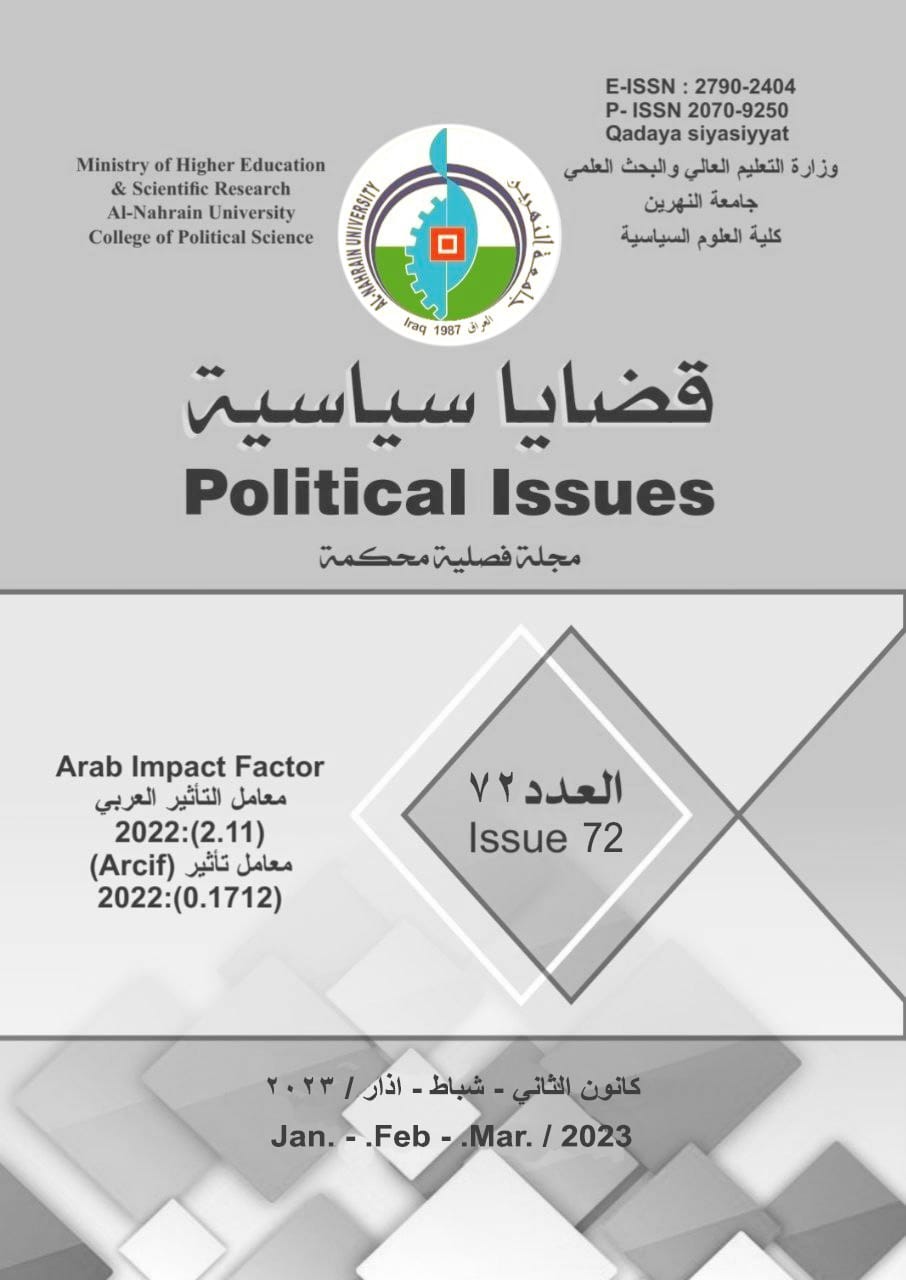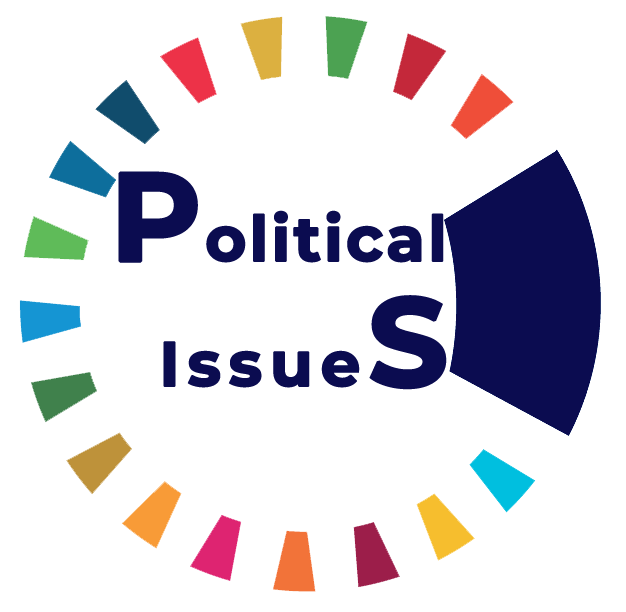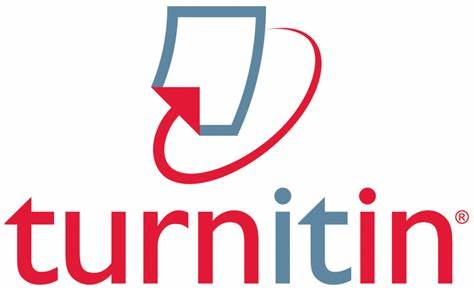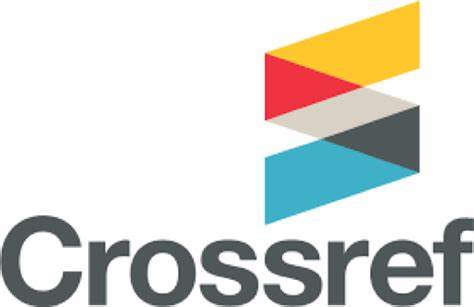Employing smart power in the Turkish strategy towards Arab Region after 2011
DOI:
https://doi.org/10.58298/2023352Keywords:
Smart power, hard power, soft power, Turkey’s strategy, Arab regionAbstract
The Arab region and the Middle East as a whole are going through a time of political and security instability. the rise of non-state armed actors, repeated military interventions from external power in the internal affairs of the States of the region, a state of disintegration, collapse, and failure of some nation-states, and fierce competition between regional powers to dominate and control the region. Turkey's strategy for dealing with all other problems in the region was to use its hard power, either directly or through proxies. At the same time, it has paid less attention to using its soft power to realize its dream of reviving the glory of the Ottoman Empire and increasing its influence in the region. In this situation, Turkey has sent troops into Syria, Iraq, and Libya, either directly or through proxies. Turkey is one of the most effective countries in the world when it comes to using smart power right now. This isn't just because of its intellectual and religious influence but also because of its strategic role in all areas.
The research is based on the hypothesis that "the more Turkey succeeds in employing its hard and soft sources of power as tools for its intelligent power in implementing its foreign policy and strategies towards the Arab region, the more it helps to emerge as an influential regional player in the region." As a result, the research was divided into two main parts, the first of which addresses the use of soft power tools in Turkey's strategy towards the Arab region, while the second addresses the use of hard power tools in Turkey's strategy towards the Arab region.
Additional Files
Published
Issue
Section
License

This work is licensed under a Creative Commons Attribution 4.0 International License.
This is an Open Access article distributed under the terms of the creative commons attribution (CC BY) 4.0 international license which permits unrestricted use, distribution, and reproduction in any medium or format, and to alter, transform, or build upon the material, including for commercial use, providing the original author is credited.






